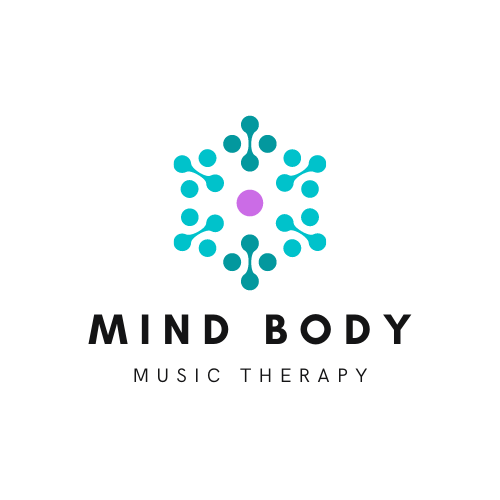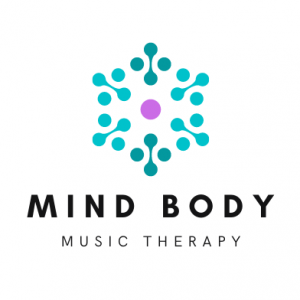What is Music Therapy?
Music therapy is an evidence-based therapy provided by university-trained allied health professionals (known as Registered Music Therapists).
Music therapy uses musical activities to address a range of goals to improve physical, psychological, social and emotional wellbeing. Each music therapy session could look different, as music therapists select the right musical activities to match your needs and goals (see below for some examples).
Music therapy is regulated by the Australian Music Therapy Association and recognised by the NDIS.
How can music therapy help?
Music therapy interacts with our brains and bodies, drawing on neuroscience and psychosocial research to support people’s mood, energy, speech, memory, movement and experiences of pain.
There is a significant amount of research demonstrating music therapy’s effectiveness for supporting a range of needs including dementia, mental health, chronic pain, autism and more.
Learn more about who music therapy is for and how it can help in my blog post.

What happens in a music therapy session?
You might choose to participate in:
To find out more about who music therapy is for and what it’s like, take a look at my blog post.
My approach to music therapy
Based on the latest research, I take a holistic approach to wellbeing, supporting your psychological, social, emotional and physical health through music and somatic counselling approaches.
Mind Body Music Therapy is directed by me, Kate McMahon. It captures the vision and approach I bring to my work, acknowledging the importance of the mind-body connection and the power of music to support this.



